The digital marketing landscape is in constant evolution. What was once a breakthrough trend yesterday becomes today’s standard, and what’s emerging now will shape tomorrow’s strategies. We are not just witnessing a turning point; we are entering a new era, powered by advanced technologies, shifting consumer expectations, and a stronger emphasis on authenticity and trust. This is more than a list of predictions—it’s an exploration of the forces fundamentally reshaping our industry. The future of digital marketing is about going beyond surface-level metrics and tactical campaigns to create meaningful, human-centered connections. Embracing the future of digital marketing means understanding that true success lies in blending technology with empathy to build lasting relationships with audiences.
Table of Contents
1. The AI Revolution: From Automation to Augmentation

THE AI REVOLUTION
If 2024 was the year AI became a buzzword, then 2025 and beyond will be the years it transforms into the “Chief Simplifier Officer” for every marketing team. In the future of digital marketing, artificial intelligence and machine learning (ML) are moving far beyond basic content creation or simple data analysis. We are heading toward a future where AI is not just a tool but a trusted strategic partner, capable of managing complex workflows and making predictive decisions at unprecedented scale and speed. The future of digital marketing will be shaped by this partnership between human creativity and AI-driven intelligence, unlocking new levels of efficiency and innovation.
- Hyper-Personalization at Scale: Mass email blasts and cookie-cutter campaigns have become a thing of the past. AI-powered personalization engines now use massive datasets to design unique customer journeys. Picture an e-commerce store that not only suggests products but also builds a complete shopping experience tailored to browsing history, past purchases, and even real-time behavior. This hyper-personalization, fueled by AI and ML, will set the new benchmark for customer experiences and drive higher conversions. In the future of digital marketing, personalization will no longer be optional—it will be expected. The future of digital marketing will belong to brands that harness AI to create experiences that feel personal, meaningful, and human.
- Predictive Analytics and Behavioral Forecasting: AI’s ability to analyze patterns in consumer data is reaching a new level of sophistication. Marketers will use predictive analytics to anticipate consumer needs and behaviors before they happen. This means creating and launching campaigns that are proactive, not reactive. Businesses will be able to predict churn, identify a customer’s next likely purchase, and even forecast the success of a new product or marketing initiative with remarkable accuracy. This will not only optimize marketing spend but fundamentally reshape business strategy.
- AI-Driven Content and SEO: Search is undergoing a radical transformation. With the rise of AI-powered conversational platforms, Generative Engine Optimization (GEO) will become a critical discipline. AI assistants will not just help with keyword research, but craft high-quality, long-form content tailored to both search algorithms and conversational queries. The focus will shift from simply ranking on a search results page to providing the most comprehensive and satisfying answer, whether it’s through a voice assistant, a chatbot, or an AI overview.
- The Human-AI Balance: While AI offers immense power, the most successful marketers will be those who master the human-AI balance. AI can enhance efficiency, but it lacks the ability to truly replace human empathy, authentic connection, and original creativity. The future of marketing is not about machines replacing people, but about augmenting human capabilities. Marketers will be free from the drudgery of repetitive tasks, allowing them to focus on high-level strategy, creative storytelling, and building authentic, value-based relationships with their audience.
2. The Data Privacy Imperative: First-Party Data is the New Gold

The deprecation of third-party cookies is not just a challenge but a catalyst for transformation. As consumers demand greater control over their data and regulations like GDPR and CCPA set new standards, the age of relying on borrowed information is ending. First-party data will become the foundation of the future of digital marketing, ensuring transparency and trust between brands and audiences. Embracing this shift is not optional—it’s the key to thriving in the future of digital marketing where personalization and privacy go hand in hand.
- Building a First-Party Data Strategy: Brands must pivot to a privacy-first approach by focusing on collecting data directly from their customers, with explicit consent. This requires a shift in mindset. Data collection is no longer a passive act but an opportunity to build trust and strengthen customer relationships. Interactive content like quizzes, polls, and surveys are not just for engagement; they are powerful tools for gathering actionable, privacy-compliant insights.
- The Power of Transparency: Consumers are increasingly aware of their digital footprint. Transparent communication about how their data is used, and offering a clear value exchange for that data, will become a competitive advantage. Brands that are honest, open, and ethical will win the trust of their audience, which is a far more valuable asset than any third-party cookie.
- Converged Martech and Adtech: The future of marketing technology (Martech) and advertising technology (Adtech) is convergence. To effectively utilize first-party data and create seamless customer experiences, brands will move away from fragmented tech stacks. Integrated platforms will streamline data collection, activation, and measurement, enabling marketers to react faster and spend smarter. This integration will offer a complete picture of the customer journey, spanning from the first interaction with a brand to the final purchase.
3. Beyond the Screen: Immersive and “Phygital” Experiences

The line between the digital and physical worlds is fading, opening exciting opportunities for immersive marketing. As technologies like augmented reality (AR) and virtual reality (VR) become more widespread, and 5G networks deliver lightning-fast connectivity, the future of digital marketing will be defined by experiences that go far beyond traditional screens. In fact, the future of digital marketing lies in creating seamless, interactive brand journeys that connect people across both physical and digital spaces.
- Augmented Reality (AR): is already reshaping how customers experience retail.Virtual try-ons for cosmetics, fashion, and even furniture allow consumers to “see” products in their own environment before they buy. This not only reduces the friction in the buying process but also provides a dynamic and engaging brand interaction. We can expect to see more AR overlays on physical products and interactive advertisements that bring static images to life.
- The Metaverse and Virtual Worlds: While the metaverse is still in its early stages, it represents a new frontier for brand engagement. Virtual stores, events, and even entire communities within a 3D digital world will provide unique opportunities for experiential marketing. Brands will create immersive environments where consumers can interact with products, connect with a brand’s story, and participate in exclusive virtual experiences.
- “Phygital” Experiences: The future isn’t about one or the other—it’s about the seamless integration of both. Phygital marketing merges physical interactions with digital experiences to create a seamless brand journey. Imagine a retail store that uses digital screens to display personalized product recommendations based on a customer’s phone data, or a smart billboard that changes its content based on the demographics of the people passing by. This integration will create a unified, omnichannel experience that resonates with a consumer’s entire journey, online and offline.
4. The Rise of Conversational Commerce and Social Shopping
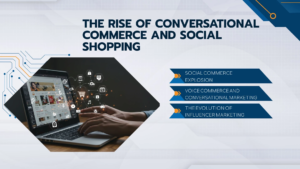
Social media is no longer just a place to connect with friends—it has evolved into a thriving marketplace. The convergence of content and commerce is ushering in a new wave of “shoppable” experiences, where discovery and purchase happen almost instantly. The future of digital marketing will be shaped by this seamless integration of social platforms and e-commerce, redefining how consumers shop online. Embracing social commerce is essential for brands to stay competitive in the future of digital marketing.
- Social Commerce Explosion: Platforms like TikTok, Instagram, and Pinterest are continuously rolling out new features for in-app shopping, live-stream commerce, and shoppable videos. Consumers can discover a product through a short-form video and purchase it with just a few clicks, without ever leaving the app. This instant gratification is a powerful driver of sales and will redefine the customer journey.
- Voice Commerce and Conversational Marketing: With the proliferation of smart speakers and voice assistants, voice search is becoming a dominant force. Marketers must optimize their content for spoken queries, which are often longer, more natural, and question-based. Conversational marketing—through chatbots and voice assistants—will provide instant customer service and guide users through the buying process, with some projections suggesting that a significant majority of customer interactions will be AI-driven in the coming years.
- The Evolution of Influencer Marketing: Influencer marketing is shifting towards authenticity and community. While celebrity influencers will always have a place, the future belongs to micro and nano-influencers who have a hyper-engaged, niche following. Brands will prioritize these smaller, more authentic communities to build trust and drive word-of-mouth marketing, which is far more effective than traditional advertising. User-generated content (UGC) will become a cornerstone of this strategy, as consumers trust recommendations from their peers more than they do from a brand.
5. The Human Touch: Ethical and Sustainable Branding

As technology weaves deeper into daily life, the demand for brands with purpose and conscience will only intensify. The future of digital marketing is not defined solely by the products or services offered, but by the values a brand represents. In fact, the future of digital marketing will increasingly prioritize trust, authenticity, and social responsibility as key drivers of lasting customer relationships.
- Mindful and Ethical Marketing: Consumers, particularly the younger generations, are increasingly making purchasing decisions based on a brand’s values. They want to support companies that are socially responsible and transparent. This means marketers must focus on ethical AI practices, transparent data usage, and a commitment to inclusivity. The days of “greenwashing” are over; brands that genuinely prioritize sustainability and social equity will build a loyal customer base and a positive reputation.
- Storytelling and authenticity: Standing out as key differentiators in a crowded digital space will define the future of digital marketing. Successful campaigns will combine engaging storytelling with seamless shopping experiences, allowing brands to go beyond selling and instead create meaningful connections. Brands that live their values through genuine actions and foster a sense of community with their audience will outshine the competition. The future of digital marketing will belong to those who can transform campaigns into experiences that feel less like a sales pitch and more like genuine engagement.
Conclusion: The Future of Digital Marketing is Human-Centric
The future of digital marketing is exhilarating and, at times, daunting. The sheer pace of change can make it feel impossible to keep up. However, amidst all the technological advancements—from AI agents and immersive realities to conversational commerce—one thing remains constant: the human element.
n the future of digital marketing, technology may drive progress, but it is human creativity, empathy, and connection that truly power success. The marketers who will stand out are those who interpret data with a human perspective, using technology to enhance storytelling rather than replace it. They will recognize that a truly “smart” strategy goes beyond the latest algorithms—it is about building trust, delivering genuine value, and creating lasting relationships.
The future of digital marketing brings together creativity and data in perfect balance, uniting technology with the human touch. It’s about treating data as a source of inspiration rather than a limitation, and crafting campaigns that connect on an emotional level instead of just being seen. As we step into this new era, the challenge—and opportunity—of the future of digital marketing lies in adopting a forward-thinking mindset, while remembering that genuine human connection remains at the heart of every successful campaign.
Author-KcsJabir
Learner of DigiSkillz, Digital Marketing Institute in Kochi.


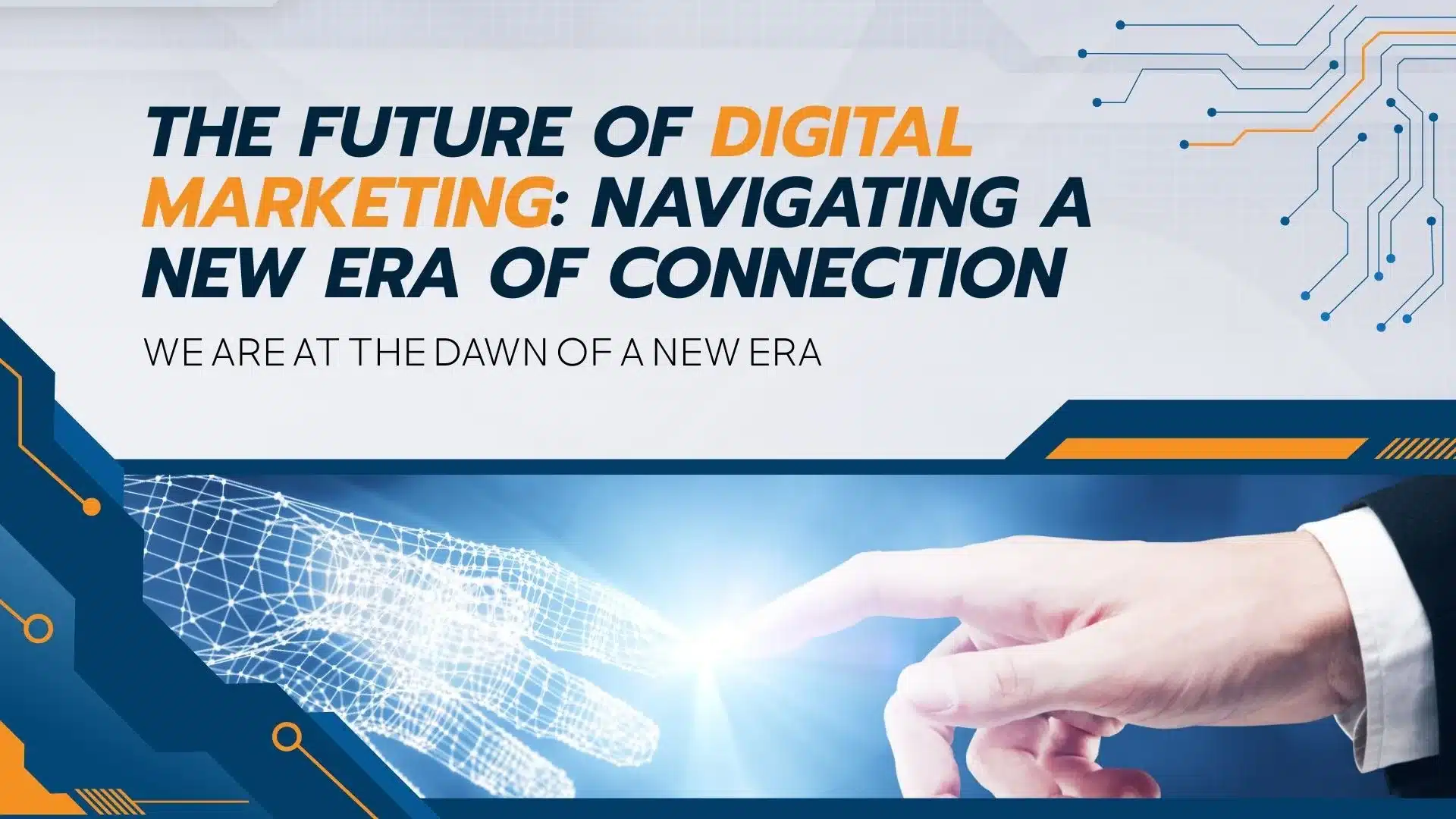
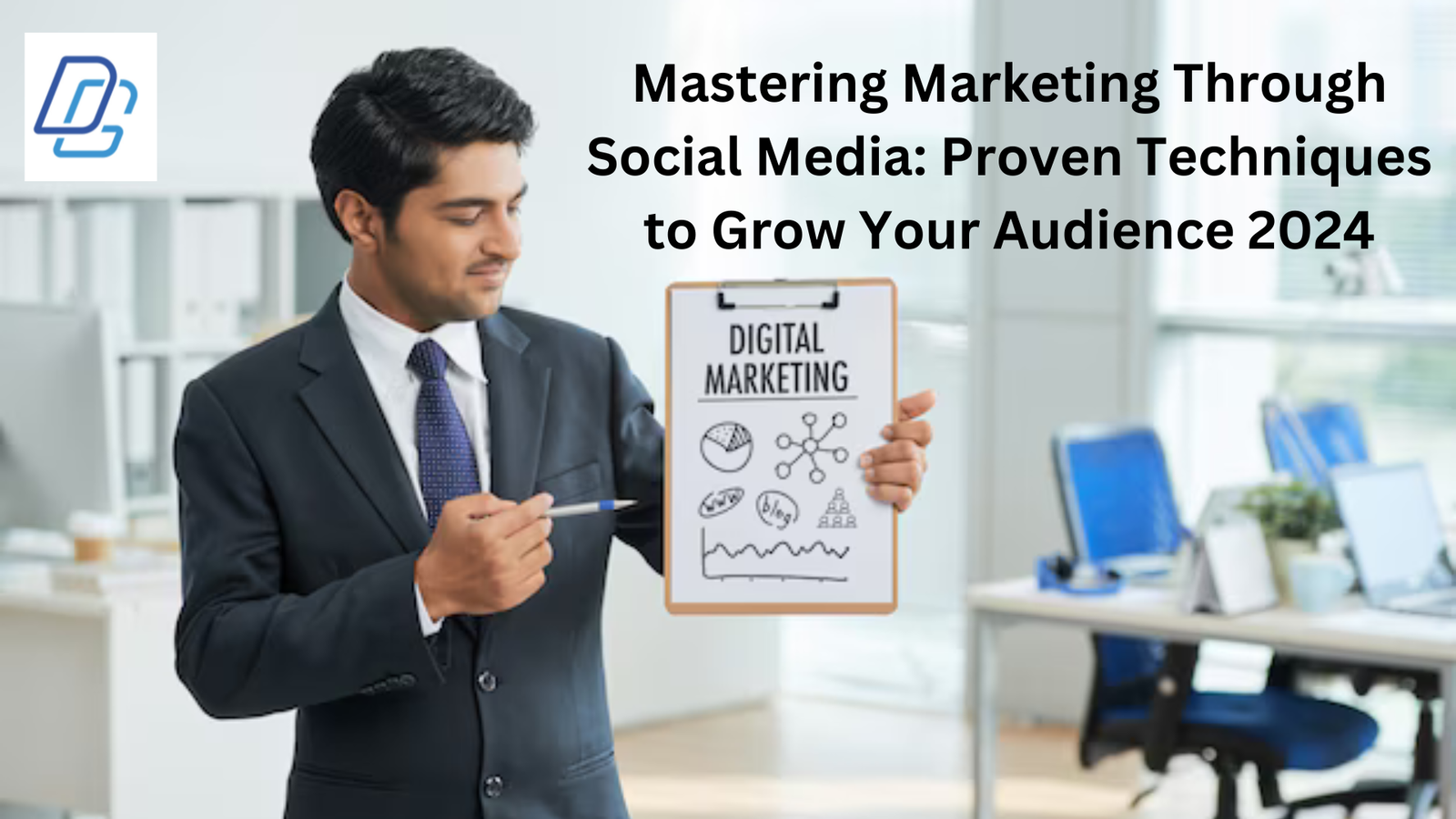
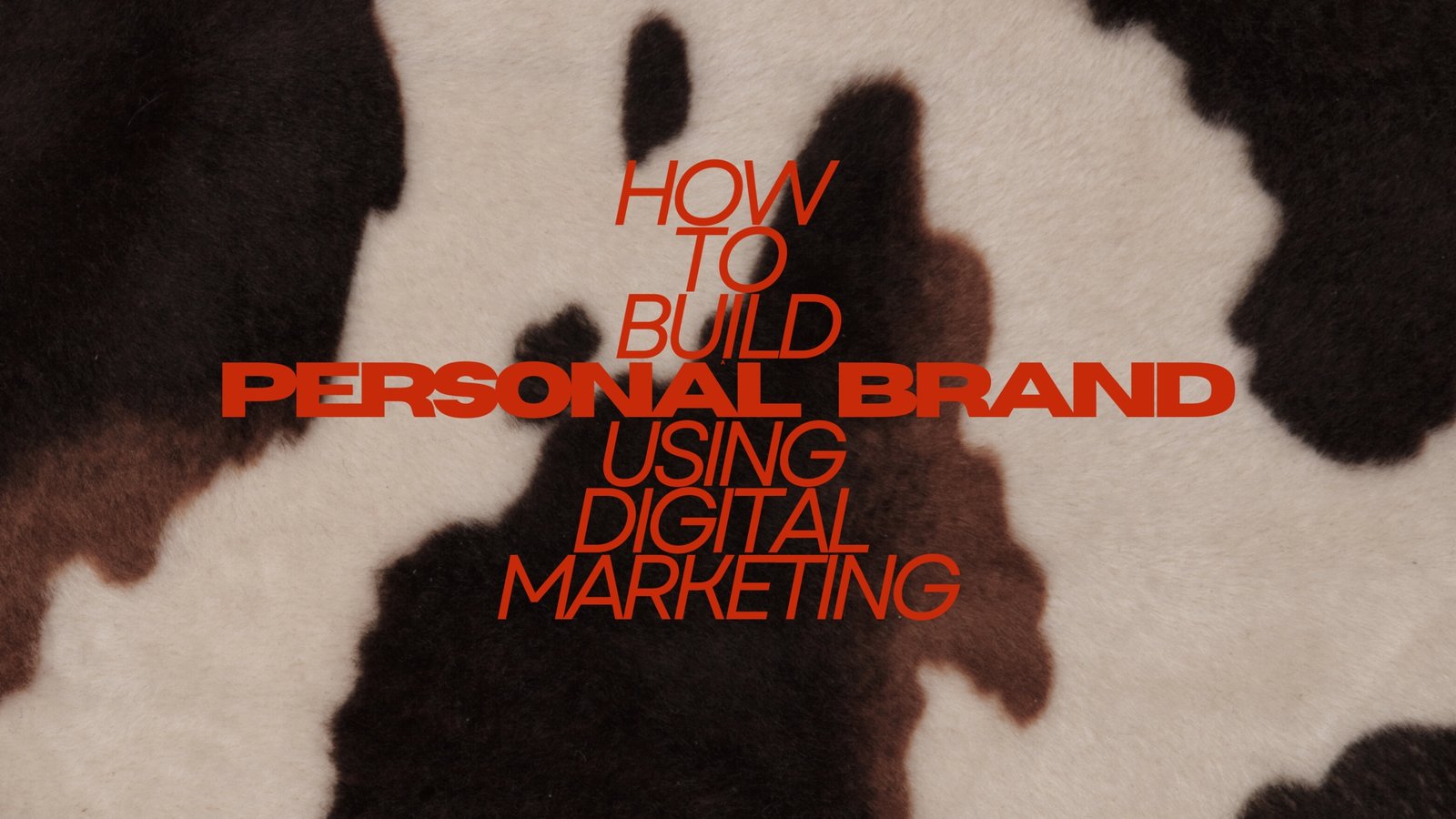
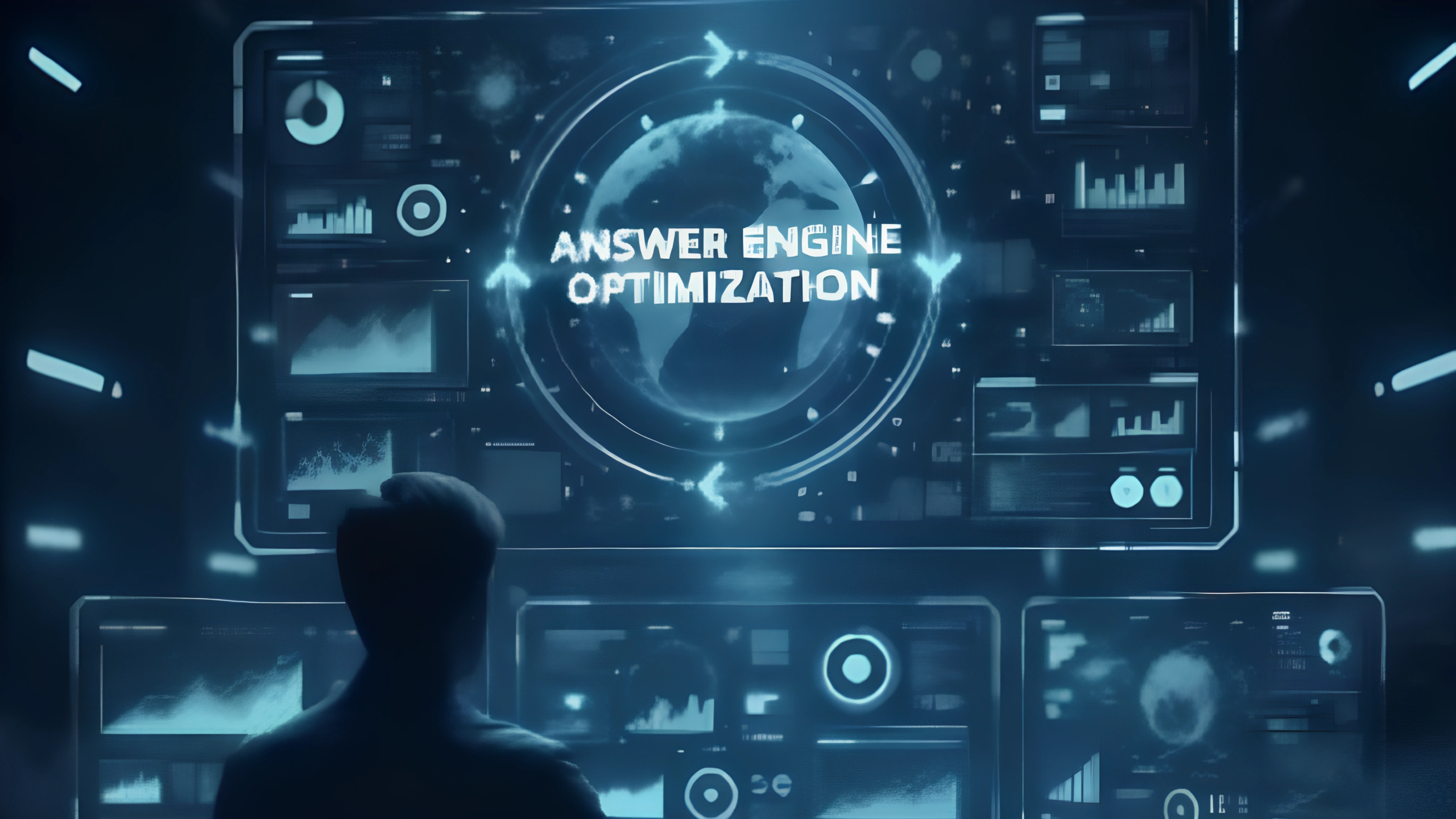
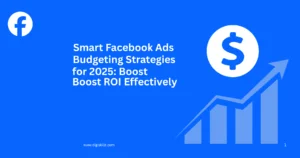
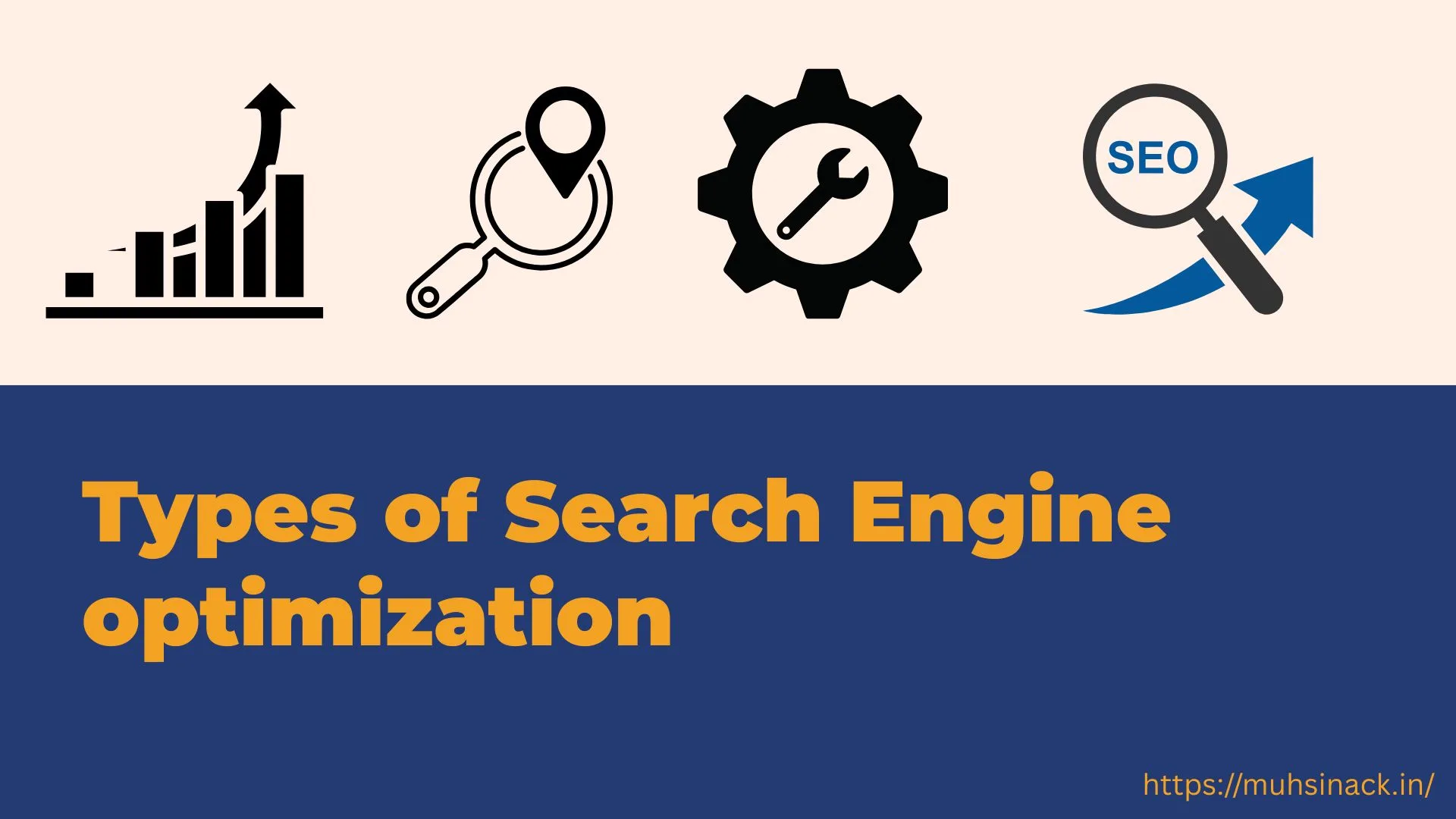
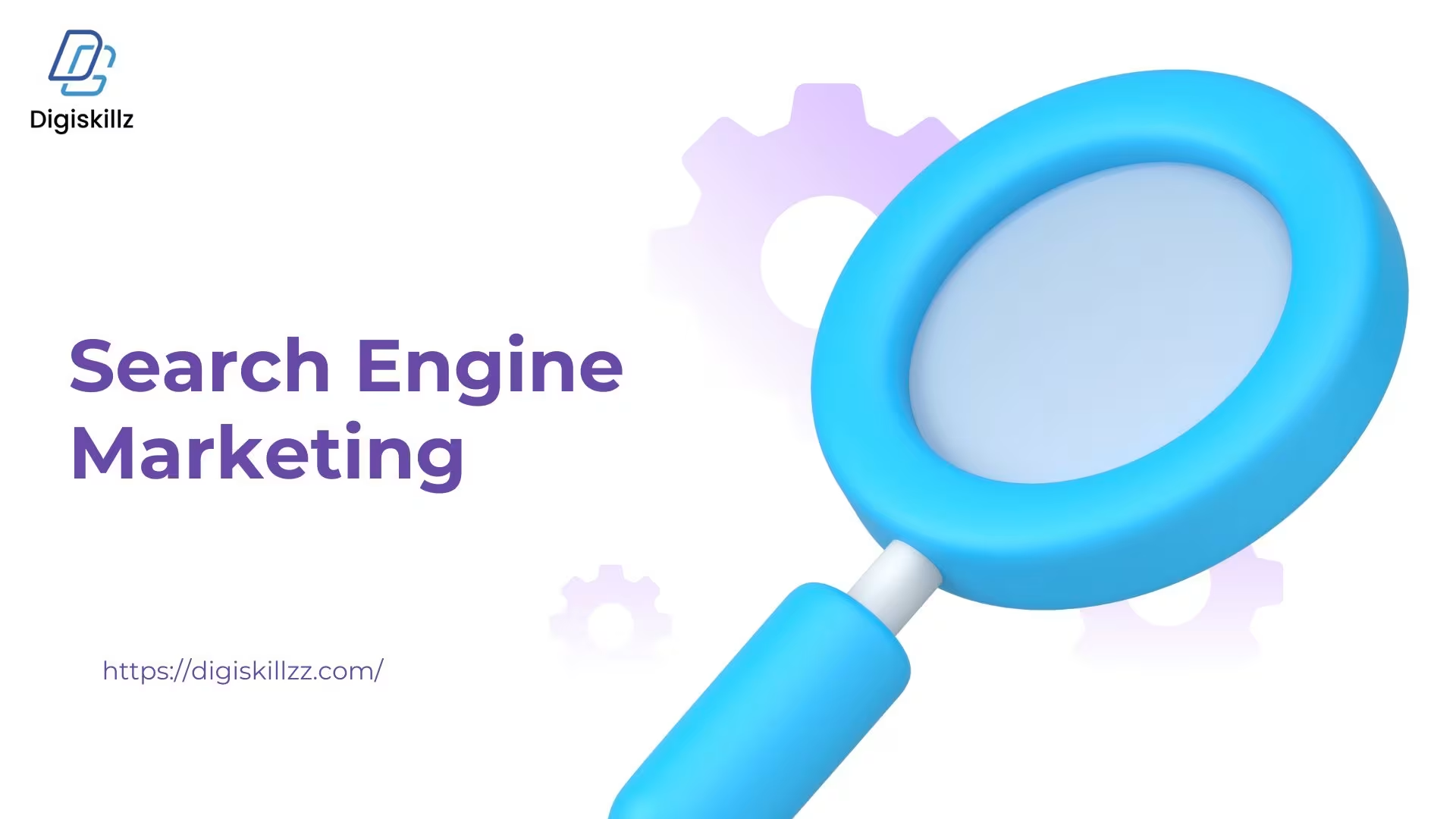
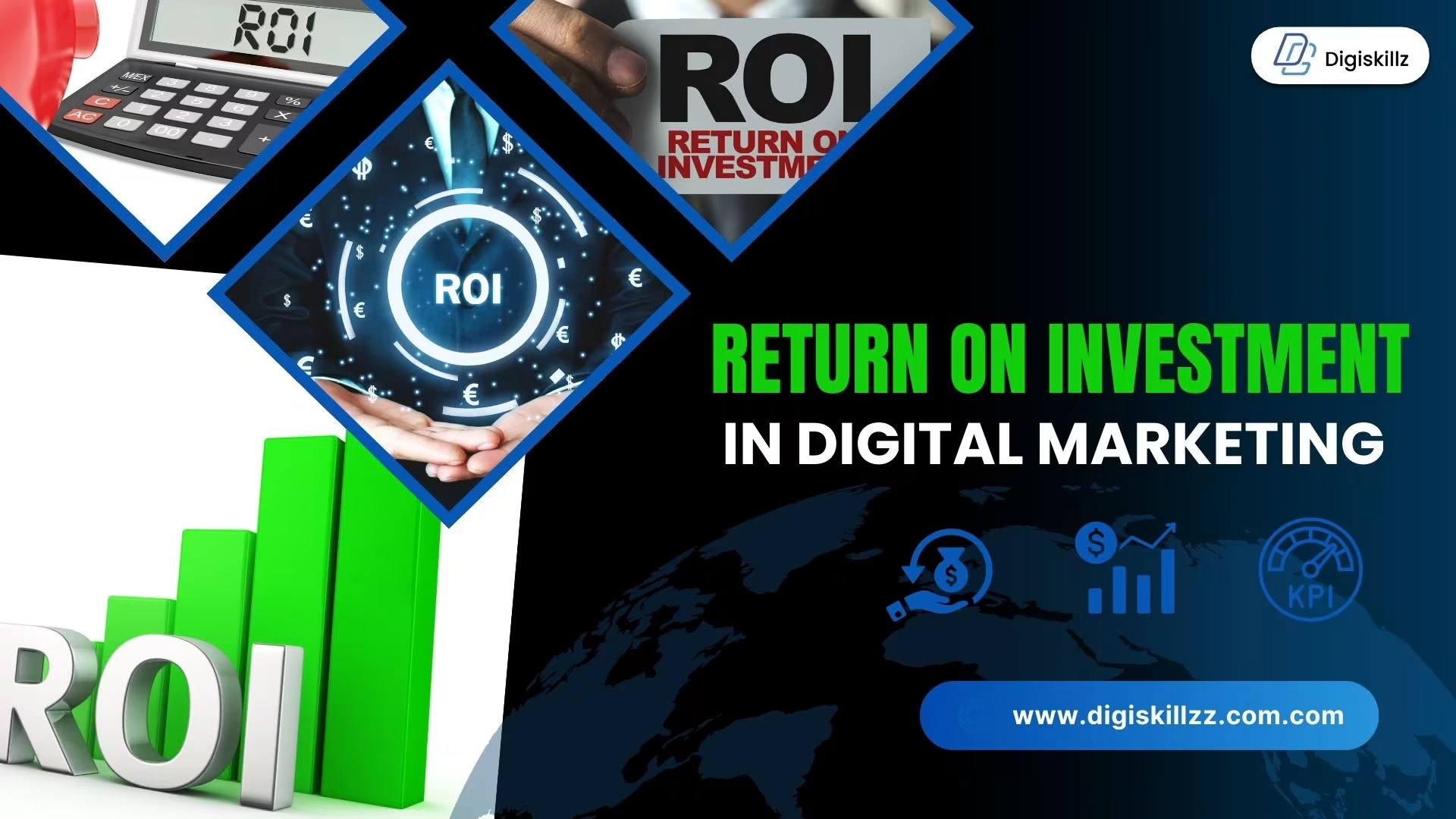
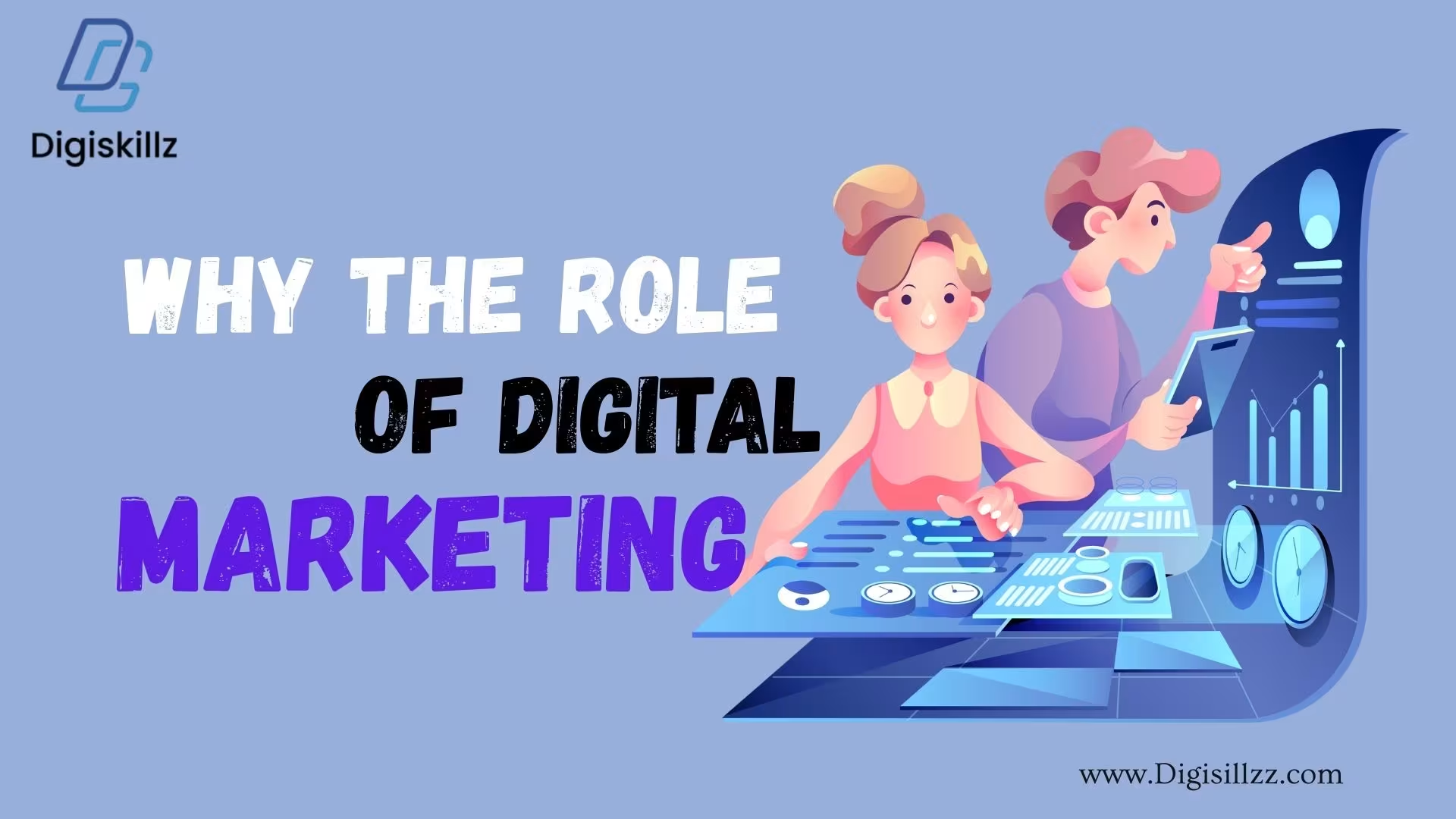
Leave A Comment